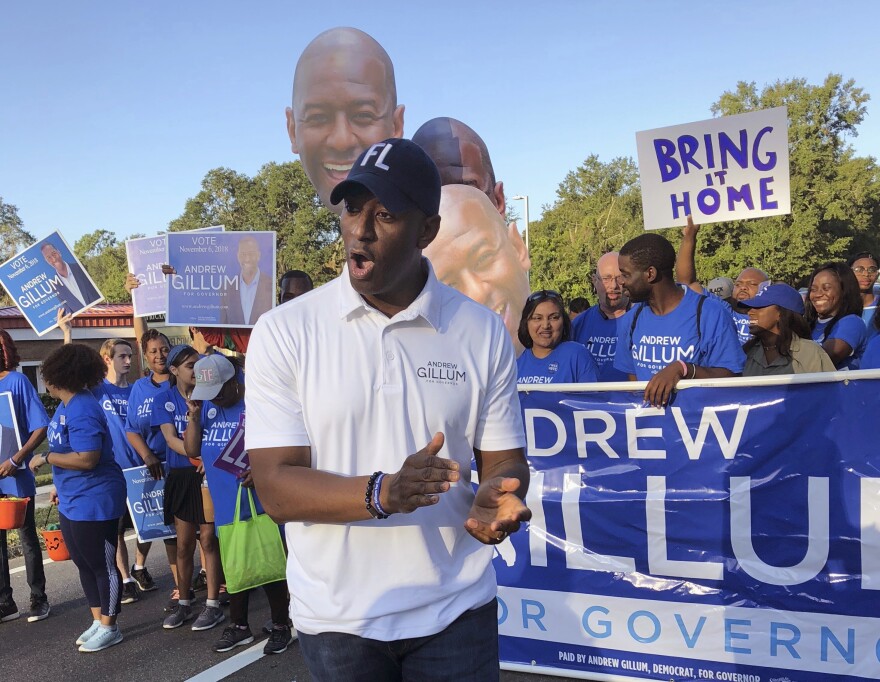In Florida, statewide campaigns are partially paid for by citizens. Voters approved the move decades ago to make sure people who wanted to run for a seat could afford to campaign. But since then the money poured into bids for office has ballooned, and lawmakers think candidates no longer need the financial help from the state.
Rep. Vance Aloupis (R-Miami) is sponsoring legislation to end what he calls a waste of tax dollars.
“Whether you think $10 million is a small amount on a $90 billion budget or not, I think that every single dollar appropriated matters because there are real needs in our community," he said. "I just fundamentally...believe those dollars are best used to serve our constituents [rather] than to subsidize what I believe is...are already overfunded campaigns.”
The decision to use public dollars to fund campaigns was made over 30 years ago. Aloupis says the idea started at a time when elections weren’t as expensive as they are today. He points to the 1990 gubernatorial race between then-Gov. Bob Martinez and Lawton Chiles as the first election that used the public matching funds.
“Members between the two candidates in that race for Governor of Florida, $15 million was spent."
But $15 million today doesn’t go as far in a statewide election.
“In 2018, just in the gubernatorial election alone the two candidates spent close to $110 million," Aloupis said.
Eight million of that $110 million is from the tax dollars used to help finance campaigns. The state gave another two million to the campaigns for the other cabinet races. Aloupis thinks that money could be better spent.
But Rep. Joy Goff-Marcil (D-Maitland) worries getting rid of the public funding for campaigns may be a step too far.
"I have concerns about a regular person being able to run for office and not just millionaires and billionaires," Goff-Marcil said.
She believes a change needs to be made to stop those who don’t need the funding from getting it. But she says it should still be available for candidates who don’t have the backing of wealthy financiers.
Since the public campaign financing dollars have been available, the state has given $55 million to campaigns. Aloupis agrees a fix may need to be made to allow those who need funding. But first he wants to stop state dollars going toward financially sound campaigns.





